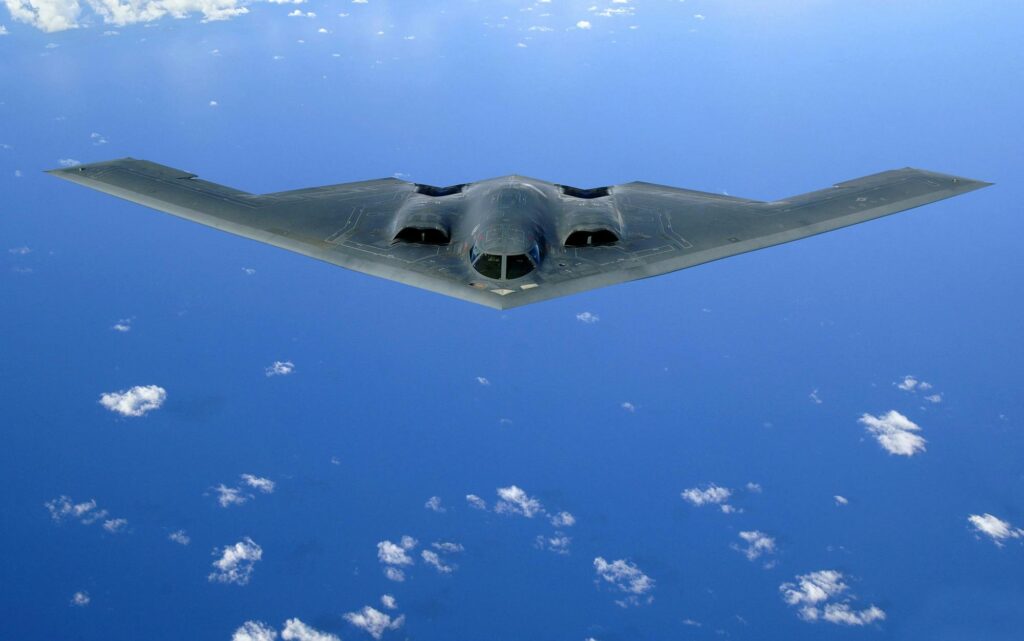June 23 marked a new wave of disruption for global air travel, as escalating tensions in the Middle East triggered sudden airspace closures, mass cancellations, and widespread flight rerouting by both regional and international carriers.
📌 Key Takeaways
- Qatar, Iran, and neighboring nations imposed sudden airspace closures on June 23 following a series of military strikes.
- Qatar Airways temporarily suspended all flights; over 20 inbound flights were diverted.
- Global airlines from India, Europe, Asia, and Australia reacted by canceling or rerouting flights.
- The crisis is further narrowing international air corridors, especially between Europe and Asia.
- Airlines continue to monitor the situation, with warnings of further disruptions if tensions escalate.
Airspace Closures Following Military Escalation

The disruption began after Iran launched a missile strike on a U.S. military base in Qatar, reportedly in retaliation for American air raids targeting several Iranian nuclear facilities the previous day. In response, several Middle Eastern countries abruptly closed portions of their airspace, causing major upheaval for flight operations at Doha and Dubai — two of the region’s busiest hubs.
Qatar, one of the most impacted nations, temporarily shut down its airspace, forcing Qatar Airways to suspend all operations late on June 23. According to media reports, over 20 inbound Qatar Airways flights were diverted as a result.
Gradual Resumption and Ongoing Delays
Hours after the initial closure, Qatar reopened its airspace, allowing Qatar Airways to resume operations. However, the airline warned of “significant delays” as schedules were restructured and air traffic congestion grew around Doha’s Hamad International Airport.
In Dubai, flagship carrier Emirates confirmed that several flights had to be rerouted but emphasized that no diversions were necessary.
“After a thorough risk assessment, Emirates will continue operating as scheduled using flight paths that steer clear of high-risk zones,” the airline stated.
Meanwhile, Etihad Airways canceled a number of flights to destinations including Saudi Arabia and Kuwait, citing regional disruption and warning that further changes may occur without notice.
Passengers affected by delays or cancellations may be entitled to flight delay compensation, depending on the departure and arrival airports and the airline’s operating base. Under EU Regulation 261/2004, travelers flying with European carriers or departing from the EU may claim up to €600 for significant delays or cancellations caused by non-exempt circumstances.
Global Impact: Carriers Outside the Region Respond
The crisis has had a ripple effect worldwide, particularly on airlines that operate through Middle Eastern air corridors — already burdened by closed airspace over Russia and Ukraine since 2022.
Air India suspended all flights to the Middle East, Europe, and the U.S. East Coast until further notice. The airline confirmed that flights from North America to India were either diverted back to their origin points or rerouted around the affected airspace.
IndiGo canceled its Middle Eastern services until the morning of June 24, and SpiceJet issued a warning about possible flight cancellations in the days ahead.
Passengers on long-haul journeys affected by diversions or missed transfers may also consider their rights to compensation for missed connections, especially when delays prevent them from boarding a connecting flight on time.
Asia-Pacific Adjustments

In Asia, Singapore Airlines suspended its Singapore–Dubai flights through June 24, citing security concerns.
Qantas, Australia’s national carrier, was forced to divert two long-haul flights from Perth to Europe on June 23. One flight to London was rerouted via Singapore, while another headed for Paris returned to Perth after the Qatari airspace closure. The airline later confirmed that some European-bound services would proceed as planned on June 24, including:
- Sydney–London (via Singapore)
- Perth–Rome
- Perth–London
European Carriers Take Precautionary Measures
Several European airlines also responded with operational suspensions:
- 🇪🇸Iberia,
- 🇫🇮Finnair,
- 🇫🇷 Air France-KLM Group temporarily halted flights to Doha and Dubai, citing elevated safety risks.
Strategic Flight Rerouting Becomes a Necessity
With Middle Eastern routes becoming increasingly volatile, and Eastern Europe largely closed off, airlines are now running out of safe and efficient flight corridors — particularly those operating between Europe and Asia.
This comes amid an already congested routing environment due to long-term airspace closures over Russia and Ukraine, now compounded by tensions in Iran, Israel, and the Arabian Peninsula.
